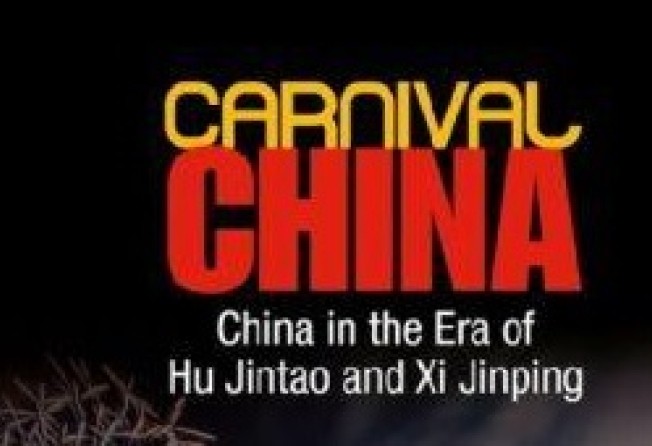
by Kerry Brown
Imperial College Press
4.5 stars
David Wilson

A 2009 public survey by the state-owned magazine Xiaokang revealed that local government officials were less trusted than prostitutes, writes China wonk Kerry Brown.
In this provocative string of essays, originally posted on the Open Democracy website between 2006 and 2013, Brown scrutinises the corruption that dogged officialdom during the "muddling through" age of Hu Jintao and Wen Jiabao.
Disgraced former "princeling" Bo Xilai, whom Wen apparently loathed, comes in for sharp scrutiny but Brown also addresses themes ranging from the fallout over the awarding of the 2010 Nobel Peace Prize to activist Liu Xiaobo to the lead-up to the 2008 Beijing Olympics. Brown's most telling insight may be the degree of division belying the Communist Party's grandmaster-like machinations.
"I was startled by how many village-level areas were lawless, ruled by different groups and largely out of the reach of the central authorities," writes Brown, head of Sydney University's China Studies Centre, citing quasi-mafia groups in the northeast. In the central Hunan, Henan and Hebei provinces, he sees conflict between party operatives and increasingly potent clans.
His take on Chinese society until the March 2013 accession of President Xi Jinping is punchy but tender, even amusing. For him, China is a dark and complex carnival in which every citizen performs. "The most remarkable moments were when … common ground was found through humour and a shared sense of the rich absurdity of daily life in Carnival China - officials who had a glint in their eye as they blasted out wonderful stretches of Hu-style empty rhetoric, roaring with … laughter when congratulated on their verbal ability."
The irony evaporates when Brown addresses the plight of lawyer Gao Zhisheng, who was viciously tortured for his human rights work. Gao remains in jail - proof that, despite its pride and the wealth that feeds its monster ego, China has a savage streak that reflects the party's original violent rise.
The party has done its worst in Tibet, Brown notes, adding that the Buddhist kingdom is just one trouble spot among many. Even Yunnan is fraught, like Inner Mongolia and the northwestern province of Xinjiang, where the party has a dire record. In an eye-opening passage, Brown documents how party henchmen smashed Xinjiang mosques and coerced imams into eating pork to indicate faith in Maoism, not Islam.
Meanwhile, the environment has been hammered to an extent that smacks of insanity. Thanks to industrialisation, it is close to annihilation, he writes.
Sometimes, apparently worried about riling Beijing, Brown meekly backpedals and questions his right as an outsider to judge.
Still, Carnival China hits home, persuasively making the case that, at its core, China remains an Orwellian state that will not brook any dissent.